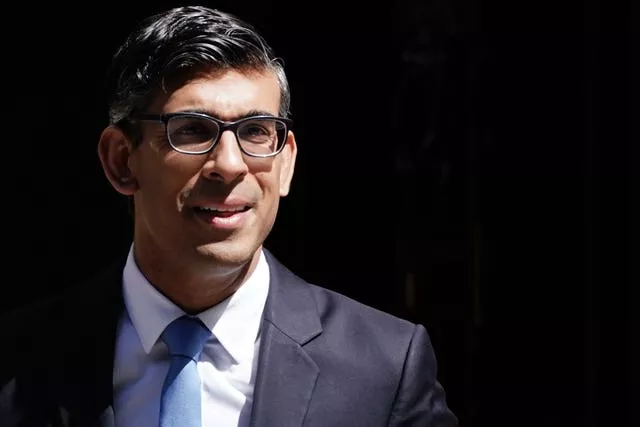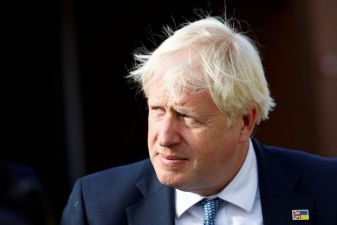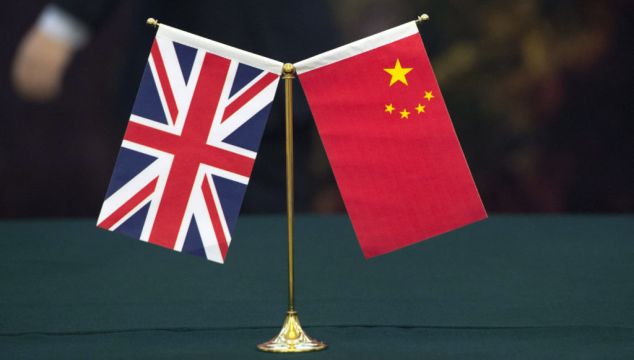China will present the “greatest challenge” to the UK’s overseas interests and economic security by 2030, according to an intelligence chief.
Adrian Bird, the Chief of Defence Intelligence, said the UK must be “alive to the challenges” posed by China as it seeks to disrupt supplies of key technologies and materials, with an “increasing threat” from its military and spies.
Mr Bird’s remarks came after Rishi Sunak warned that an increasingly authoritarian China poses the “biggest challenge of our age” and is the “only country with both the means and intent to reshape the world order”.
The government has faced pressure from MPs and peers to take a stronger stance towards China, including labelling the country a “threat” to UK security.
Mr Sunak has argued the response must not be one of protectionism, with a need to engage with Beijing on a range of issues.
Mr Bird, speaking to members of the Royal United Services Institute (RUSI), said Russia will “remain the greatest threat to the UK mainland out to 2030” in the Euro-Atlantic region.
He added it is also increasingly clear that Europe’s security is “indivisible from that of the wider world”, whether as the result of state activity, climate change or global health concerns.
Mr Bird said: “Just as our closest allies and partners in the Indo-Pacific region – Australia, New Zealand, Japan, the Republic of Korea and Singapore – have all taken steps to counter Russia’s destabilising influence in Europe and support Ukraine, so the UK must be alive to the challenges being presented by China.
“China will compete more directly with the UK across our areas of interest and will be capable of disrupting supplies of key technologies and materials such as microprocessors, semiconductors and rare earth elements, its military, intelligence, space and cyber capabilities posing increasing threat.
“Within this world of increasing competition, we assess that China will present the greatest challenge to the UK’s overseas interests and economic security in 2030.”
Luke de Pulford, of the Inter-Parliamentary Alliance on China, said: “It is blindingly obvious to anyone paying attention that Mr Bird’s comments are correct.
“Regrettably the only people who still don’t seem to get it are those in charge of UK foreign policy.
“We need an urgent plan to audit and reduce dependency on Beijing, and a healthy dose of realism to cleave officials from the naivety of the golden era.”

Former prime minister David Cameron heralded a “golden era” between the two countries in 2015.
The UK has since taken steps to reverse such an approach, including telecoms firms being ordered to strip equipment from Chinese tech giant Huawei out of 5G networks.

Mr Sunak unveiled the UK semiconductor strategy at this month’s G7 summit in Hiroshima, Japan, aimed at giving the country a “competitive edge on the global stage” and ensuring it is not reliant on China for technology advancements.
Elsewhere in his speech, Mr Bird warned that the pace of technological change will allow the UK’s adversaries and competitors to achieve a “rapid evolution in their capability to challenge the UK and our interests”, adding: “We must keep pace.”
He noted the UK should “not assume we will have an overriding technological advantage in future conflicts”.







